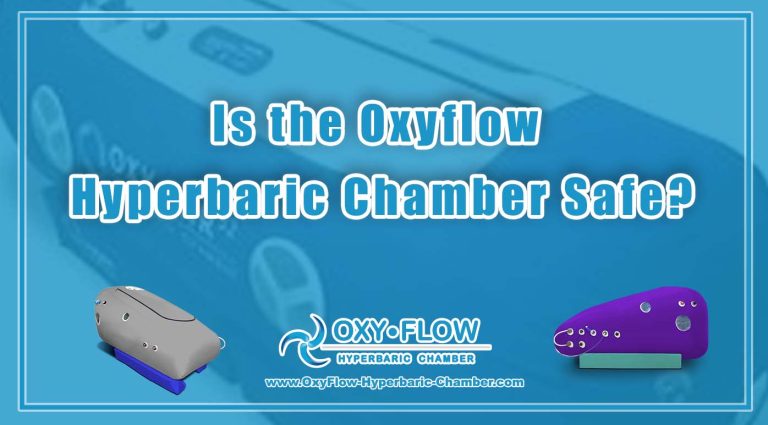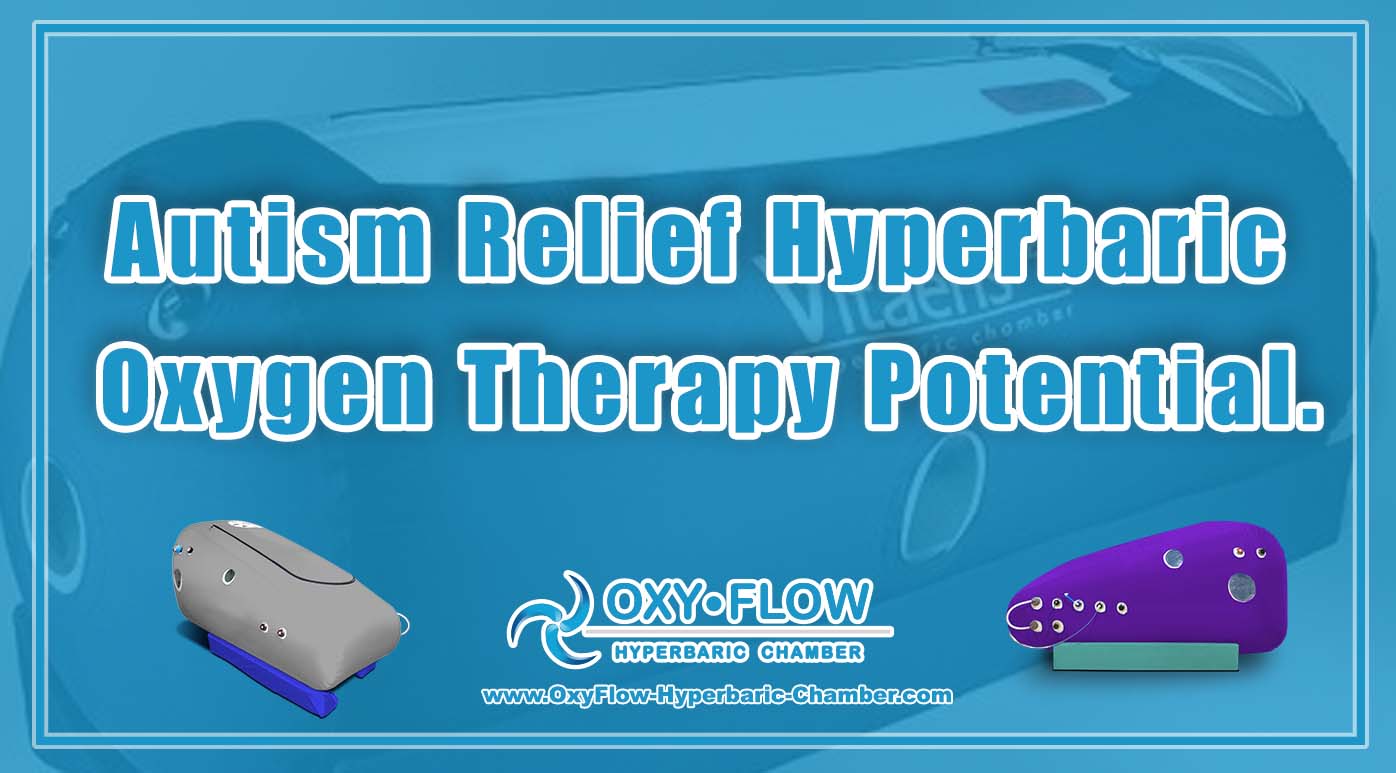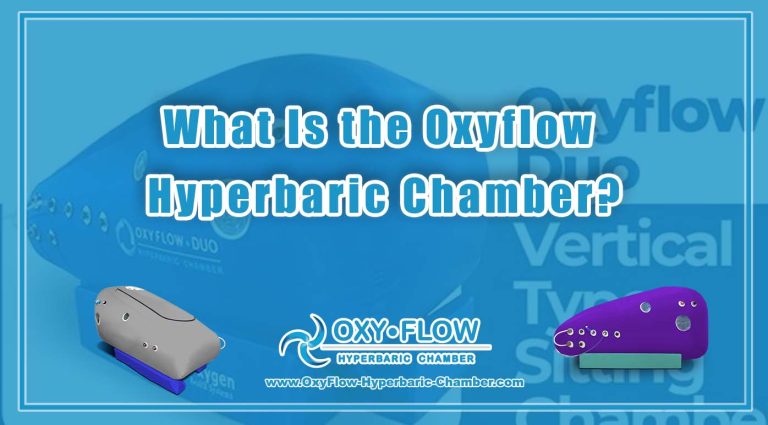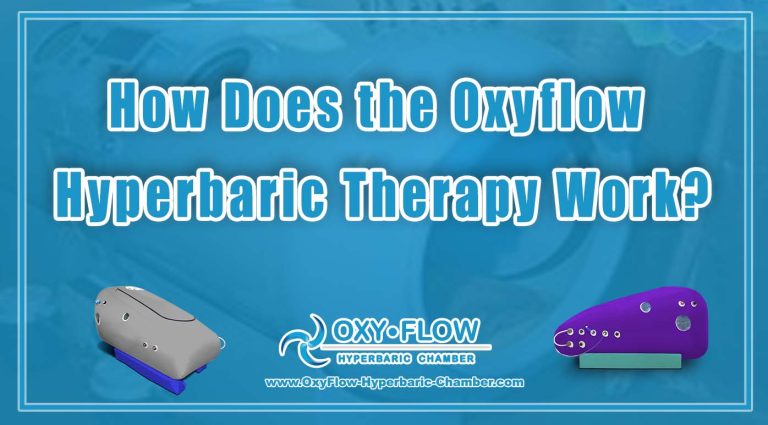

Autism Relief | Hyperbaric Oxygen Therapy Potential.
In recent years, hyperbaric oxygen therapy has gained attention for its potential benefits in providing relief for individuals with autism. Autism spectrum disorder (ASD) is a complex neurodevelopmental condition that affects communication, social interaction, and behavior. While there is no known cure for autism, various treatments and therapies are available to help manage symptoms and improve the quality of life for individuals with this condition. Hyperbaric oxygen therapy (HBOT) is one such treatment that has shown promise in alleviating some of the challenges associated with autism.
Autism Relief Understanding Hyperbaric Oxygen Therapy.
Hyperbaric oxygen therapy involves breathing in pure oxygen in a pressurized environment, typically in a hyperbaric chamber. The increased pressure allows the lungs to absorb more oxygen, which is then delivered throughout the body via the bloodstream. This increased oxygen delivery can promote healing, reduce inflammation, and enhance cellular function in various tissues and organs.
HBOT is commonly used to treat conditions such as decompression sickness, non-healing wounds, and carbon monoxide poisoning. However, researchers and healthcare providers have also been exploring the potential benefits of HBOT for individuals with autism.
The Potential Benefits of Hyperbaric Oxygen Therapy for Autism.
While research on the use of HBOT for autism is still emerging, several studies have suggested that this therapy may offer some relief for individuals with ASD. Some of the potential benefits of HBOT for autism include:
- Reduced Inflammation: Inflammation in the brain has been linked to the development and progression of autism. HBOT’s anti-inflammatory properties may help reduce inflammation in the brain, potentially improving symptoms associated with autism.
- Improved Blood Flow: HBOT can enhance blood flow and oxygen delivery to the brain, which may support cognitive function and overall brain health in individuals with autism.
- Enhanced Mitochondrial Function: Mitochondria are responsible for producing energy in cells. Some studies suggest that HBOT may enhance mitochondrial function, which could benefit individuals with autism who may have impaired cellular energy production.
- Reduced Oxidative Stress: Oxidative stress occurs when there is an imbalance between free radicals and antioxidants in the body. HBOT’s antioxidant properties may help reduce oxidative stress, which is believed to play a role in the development of autism.
- Improved Behavior and Communication: Some individuals with autism who have undergone HBOT report improvements in behavior, social interaction, and communication skills. While results may vary, anecdotal evidence suggests that HBOT could help enhance these areas for some individuals with autism.
Autism Relief What the Research Says.
While there is still ongoing research to fully understand the effectiveness of HBOT for autism, some studies have shown promising results. A 2012 study published in BMC Pediatrics found that children with autism who received HBOT showed improvements in overall autism severity, social interaction, and communication skills compared to those who did not receive HBOT. Another study published in the journal Research in Autism Spectrum Disorders in 2018 reported improvements in behavioral symptoms and quality of life in children with autism after undergoing HBOT.
Larger clinical trials with rigorous methodology are necessary to establish HBOT’s efficacy, safety, and optimal treatment protocols for individuals with ASD.
Considerations and Precautions.
Before considering hyperbaric oxygen therapy for autism, it is essential to consult with a qualified healthcare provider or autism specialist. HBOT may not be suitable for all individuals with autism, and there are certain considerations and precautions to keep in mind, such as:
- Safety Concerns: Hyperbaric oxygen therapy involves being in a pressurized environment, which can have risks and side effects if not administered properly. It is crucial to undergo HBOT in a controlled medical setting under the supervision of trained professionals.
- Cost and Accessibility: HBOT can be expensive, and insurance coverage may vary. It is important to consider the financial implications of undergoing this treatment and explore options for financial assistance if needed.
- Individualized Treatment: The effectiveness of HBOT may vary from person to person. It is essential to work with healthcare providers to develop an individualized treatment plan based on the individual’s specific needs and medical history.
Conclusion.
Hyperbaric oxygen therapy shows promise as a potential treatment option for individuals with autism. While research is ongoing, preliminary studies suggest that HBOT may offer benefits in reducing inflammation, improving blood flow, enhancing mitochondrial function, and addressing behavioral symptoms associated with autism.
Individuals considering hyperbaric oxygen therapy for autism should consult with healthcare providers and autism specialists to determine the appropriateness of this treatment option. By gaining a better understanding of the potential benefits and considerations associated with HBOT, individuals and families affected by autism can make informed decisions about incorporating this therapy into their overall treatment plan.




